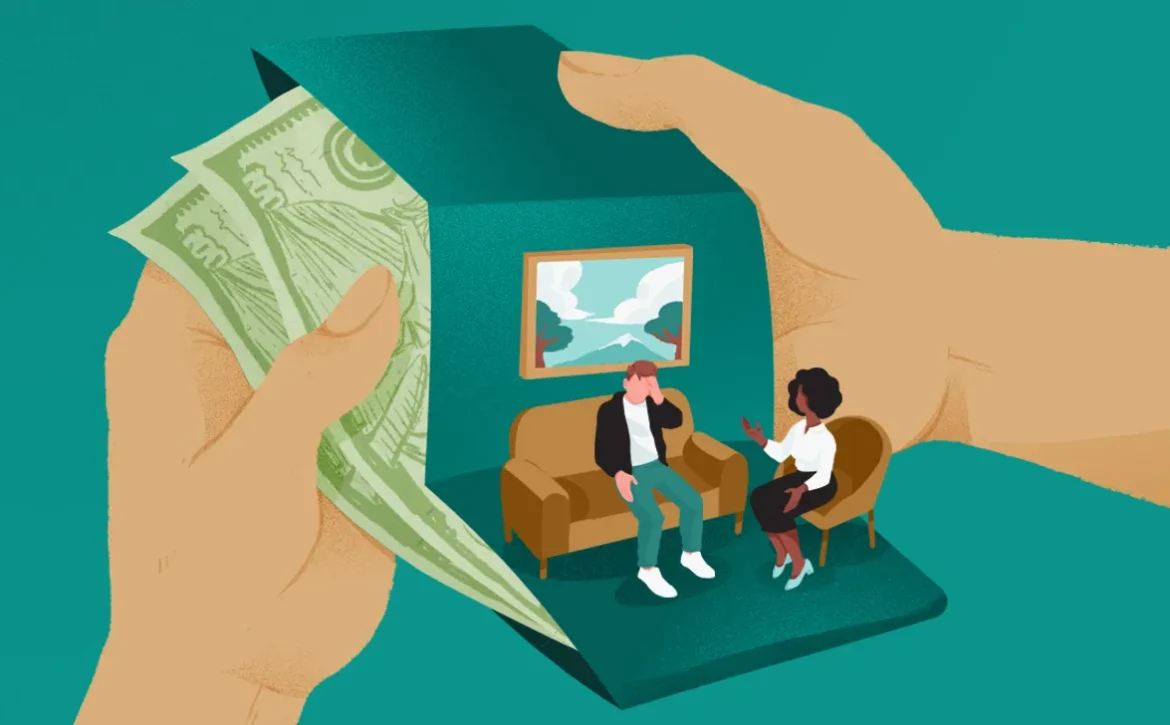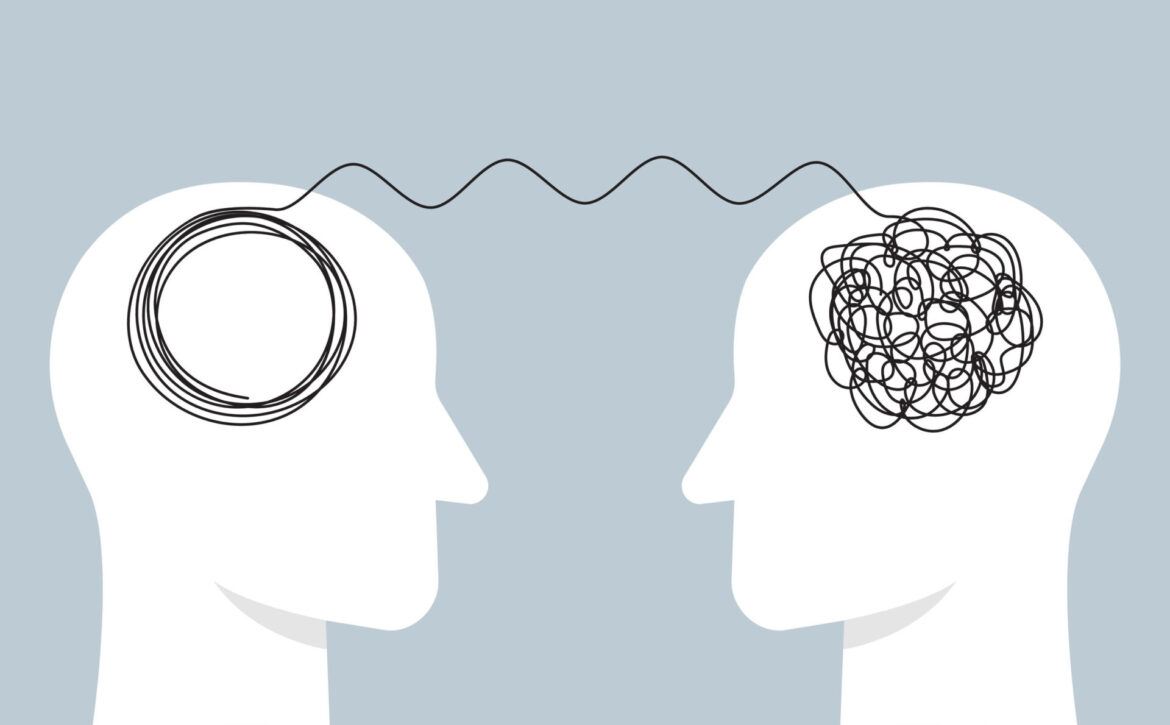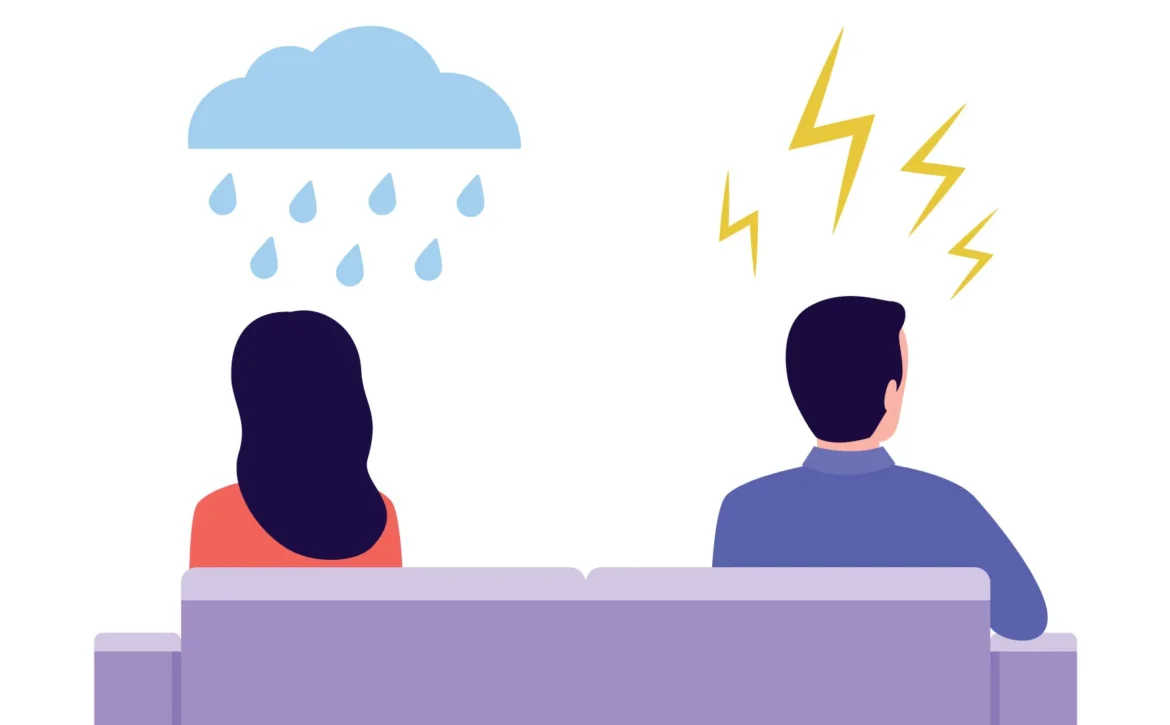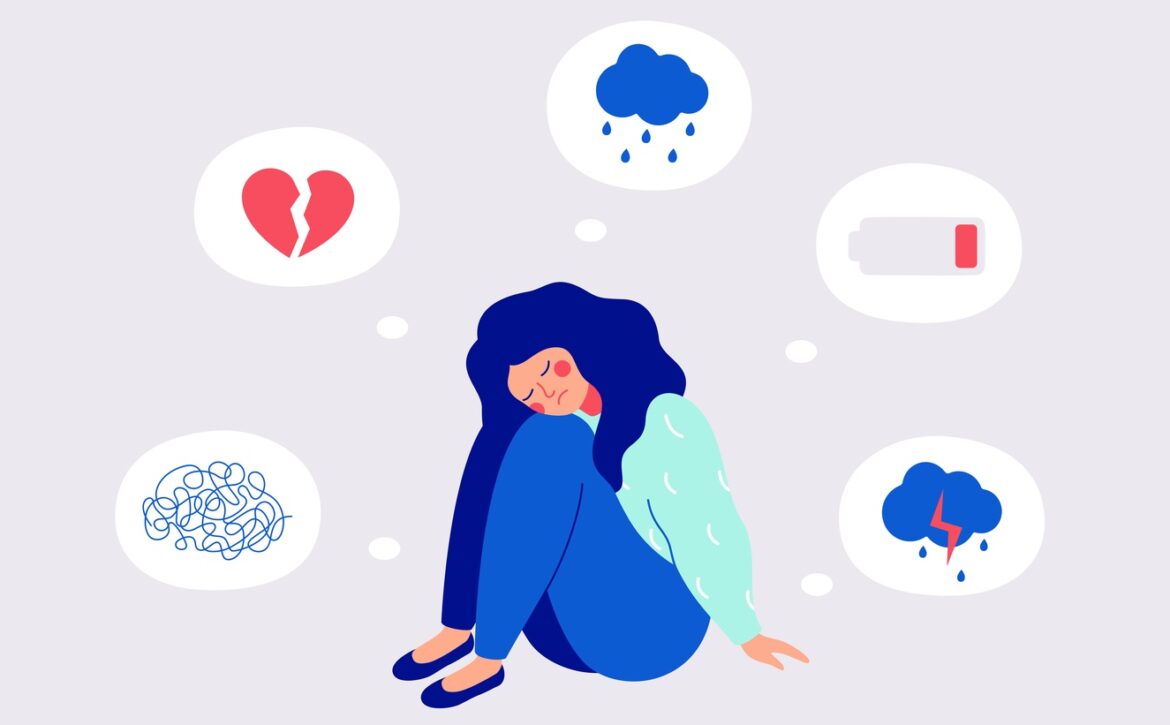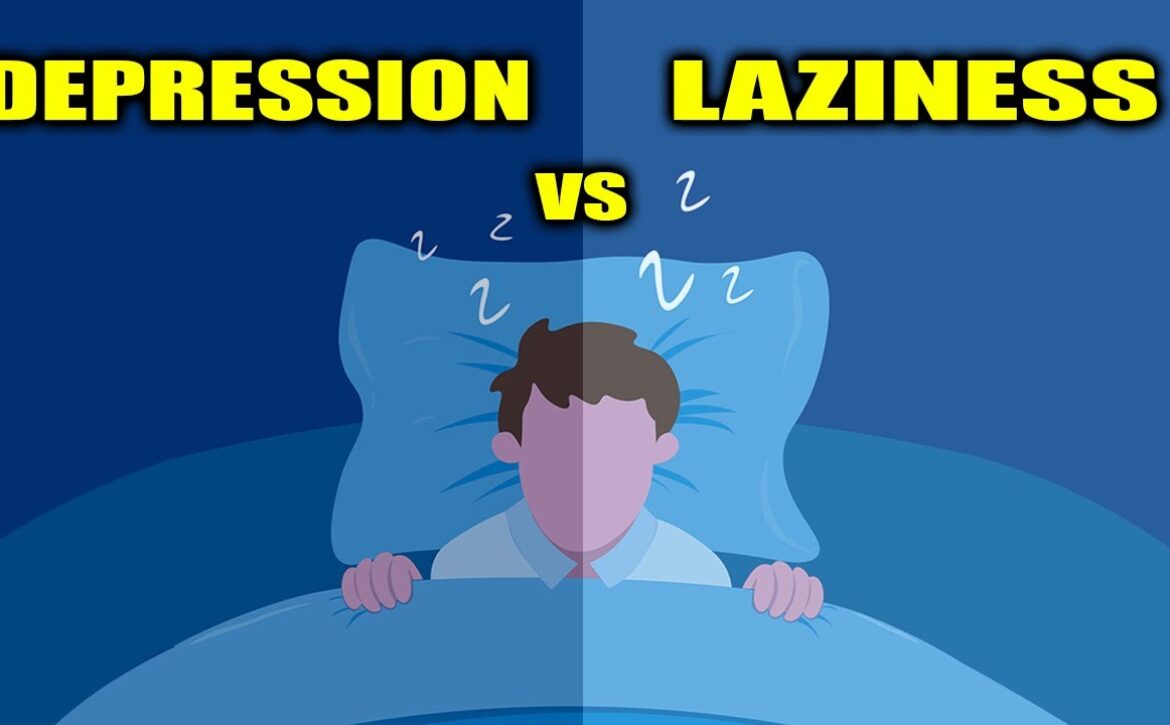Understanding Supporting vs Enabling
Understanding supporting vs enabling these concepts can help us better understand our role as a leader or team members.
Supporting someone and enabling them may seem similar, but they have distinct differences that can significantly impact personal growth and well-being. Knowing the similarities and differences between these concepts can help us be better supporters, enablers, and leaders.
This article will explore the definitions of supporting and enabling, highlight the key differences between the two, and provide strategies for establishing healthy relationships based on support rather than enabling.
Definition of Supporting
Supporting someone means providing assistance, encouragement, and resources to help them navigate challenges, achieve their goals, and grow as individuals. It involves being there for someone emotionally, physically, or mentally without taking over or solving their problems for them. Support is empowering, as it allows individuals to develop skills, resilience, and independence.
Definition of Enabling
Enabling, on the other hand, involves inadvertently or deliberately allowing or encouraging someone’s negative behavior or unhealthy habits. Enablers often shield individuals from the consequences of their actions, preventing them from taking responsibility and learning from their mistakes. Enabling can hinder personal growth and perpetuate destructive patterns.
Key Differences
While supporting and enabling share the intention of assisting others, their approach and outcomes differ significantly. Here are some key differences:
Accountability: Support encourages accountability while enabling undermines it. Supporting individuals encourages them to take responsibility for their actions, whereas enabling shields them from consequences.
Independence: Supporting promotes independence and self-reliance, whereas enabling fosters dependence and learned helplessness.
Long-term Growth: Support contributes to long-term personal growth, whereas enabling can lead to stagnation or regression.
Healthy Boundaries: Support respects healthy boundaries, whereas enabling often involves crossing boundaries and engaging in codependent behavior.
Understanding Boundaries
Boundaries play a crucial role in distinguishing between support and enabling. It’s essential to establish clear boundaries to ensure healthy relationships. When boundaries are crossed, support can transform into enabling. Here are some ways to recognize and maintain boundaries:
Communicate your own needs and expectations.
Respect the autonomy and decision-making of others.
Acknowledge and honor personal limitations.
Seek consent before offering help or advice.
Regularly evaluate and adjust boundaries as necessary.
Recognizing Patterns
To differentiate between supporting and enabling, it’s important to recognize patterns of behavior. Pay attention to the following signs:
Consistently assuming responsibility for someone else’s problems.
Feeling emotionally drained or overwhelmed by constant involvement in someone’s difficulties.
Observing a lack of personal growth or initiative in the individual you’re assisting.
Noticing a recurring cycle of negative behavior without consequences or change.
Impact on Personal Growth
Support has a positive impact on personal growth, fostering resilience, self-confidence, and independence. It empowers individuals to face challenges and develop problem-solving skills. Conversely, enabling hinders personal growth by creating dependency, preventing individuals from learning from their mistakes, and perpetuating destructive patterns.
Importance of Support
Support is vital for individuals to thrive and overcome obstacles. It provides a sense of security, emotional well-being, and a nurturing environment for personal development. The presence of supportive relationships contributes to overall happiness, fulfillment, and success.
The Danger of Enabling
Enabling can have detrimental effects on both the enabler and the individual being enabled. Enablers often experience burnout, frustration, and resentment. The enabled individual becomes reliant on others and may struggle with personal responsibility, making it challenging for them to develop healthy coping mechanisms and resilience.
Establishing Healthy Relationships
To establish healthy relationships based on support, it’s important to prioritize the following:
Mutual respect and trust.
Open and honest communication.
Encouraging personal growth and independence.
Maintaining boundaries and promoting accountability.
Balancing support with encouraging self-sufficiency.
Setting Boundaries
Setting and maintaining boundaries is crucial when providing support. Boundaries ensure that the line between support and enabling is clear. Here are some strategies to establish and uphold boundaries:
Clearly communicate expectations and limitations.
Learn to say “no” when necessary.
Practice active listening and empathy without assuming responsibility.
Encourage autonomy and decision-making in others.
Seek support for yourself to avoid burnout.
Encouraging Independence
Promoting independence is a key aspect of healthy support. Here are some ways to encourage independence in others:
Empower individuals to make their own decisions.
Encourage problem-solving and critical thinking.
Celebrate and acknowledge achievements and milestones.
Offer guidance and resources without taking over.
Strategies for Effective Support
Support should be constructive and empowering. Here are some strategies for providing effective support:
Active Listening: Show genuine interest and attentiveness when someone shares their concerns or experiences.
Empathy and Understanding: Try to put yourself in their shoes and validate their emotions and experiences.
Emotional Support: Offer comfort, reassurance, and empathy during difficult times.
Providing Resources: Offer practical help, information, or connections to aid in problem-solving.
Encouragement and Motivation: Inspire and uplift others with positive reinforcement and encouragement.
Conclusion
Understanding the distinction between supporting and enabling is crucial for fostering personal growth and maintaining healthy relationships. Supporting involves empowering individuals to overcome challenges and grow while enabling can hinder progress and perpetuate negative patterns. By recognizing boundaries, encouraging independence, and providing effective support, we can create an environment conducive to personal development and well-being.
At Cedarway Therapy, you’ll experience a supportive environment to help you reach your goals. Our experienced therapists will provide personalized guidance and resources to aid in solution-focused therapy, promote self-sufficiency, and foster resilience. Contact us today to learn more about our services. We look forward to supporting you on your journey!
FAQs: Understanding Supporting vs Enabling
What is the difference between supporting and enabling?
Supporting involves empowering individuals to navigate challenges and grow while enabling involves shielding individuals from consequences and perpetuating negative behavior or habits.
How do boundaries impact support and enabling?
Boundaries play a crucial role in distinguishing between support and enabling. Clear boundaries ensure healthy relationships and prevent support from transforming into enabling.
What are the dangers of enabling?
Enabling can lead to dependency, hinder personal growth, and create resentment and burnout for both the enabler and the enabled individual.
How can I encourage independence while providing support?
Encouraging independence involves empowering individuals to make their own decisions, fostering problem-solving skills, and offering guidance without taking over.
What are some strategies for providing effective support?
Strategies for effective support include active listening, empathy, emotional support, providing resources, and offering encouragement and motivation.



